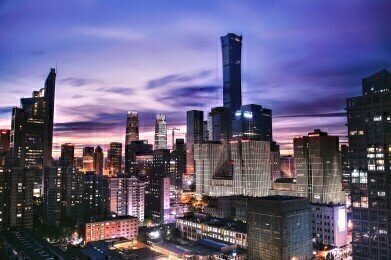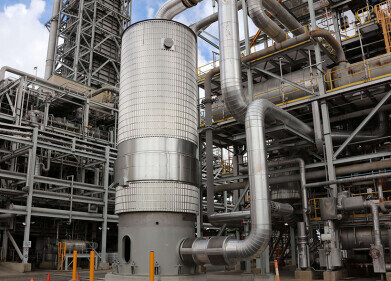Air Clean Up
Why Does Beijing’s Air Quality Get Worse in Winter?
Jan 16 2016
Many people might think that the lack of precipitation during summer months would lead to increased pollution levels during this time. However, the reverse is actually true, as can be seen by the fact that Beijing issued two red alert for smog levels in December – the first in its history.
The alerts came in spite of the fact that the Chinese capital has been working hard to implement measures to reduce pollution over recent years, and despite the fact that authorities reported an overall reduction in air pollution during the year.
Winter is Coming
Why is winter so prone to heightened levels of contamination? Well, the pollution mostly comes as a result of increased coal-burning, both on an individual level as people attempt to heat their homes, on a commercial level as businesses do the same and an industrial level as energy demands skyrocket. During this time, levels of carbon monoxide, particulate matter 10 and particulate matter 2.5 (widely deemed as the most harmful to human health) are at their peak.
In a bid to counteract this, the Chinese government have introduced a number of measures, including a stringent monitoring programme, air pollution control (APC) and a 5-year-plan. Among other schemes, this includes diverting many older, more polluting vehicles off the roads, replacing coal-fired boilers with natural gas-powered ones and relocating or shutting down the biggest offending factories in terms of pollution.
However, the weather during winter helps to exacerbate the problem. Heavy winds force pollution from centres of construction and energy production in northern China down to Beijing, where it remains suspended over the city.
Fighting an Uphill Battle – and Winning?
China’s problems with pollution are well-documented. In 2011, it was unearthed that Chinese power plants emit as much NOx as all of the passenger cars in the world. However, a concerted effort to tackle the problem has meant that in recent years, China has invested more money into addressing their problems and fighting climate change than any other nation.
The authorities are confident that these measures have had a positive impact on Beijing’s air quality levels, citing figures of PM2.5 dropping by 6% from the previous year and 10% from 2013. The distorting effects of the wintry weather and coal-burning habits caused the red alerts in December, which are the first of their kind under a new system implemented two years ago. However, experts expect for these effects to abate over the coming months and for future benefits of China’s air quality policies to surface.
Obviously, there is still much work to be done. However, the passing of the cold weather as we move into spring should help improve air quality in the short term, while the far-reaching and ambitious environmental plans put in place by the Chinese government will hopefully improve conditions in the long run.
Events
May 13 2024 Munich, Germany
May 23 2024 Beijing, China
May 23 2024 Beijing, China
Jun 10 2024 Algiers, Algeria
Jun 10 2024 Frankfurt, Germany














